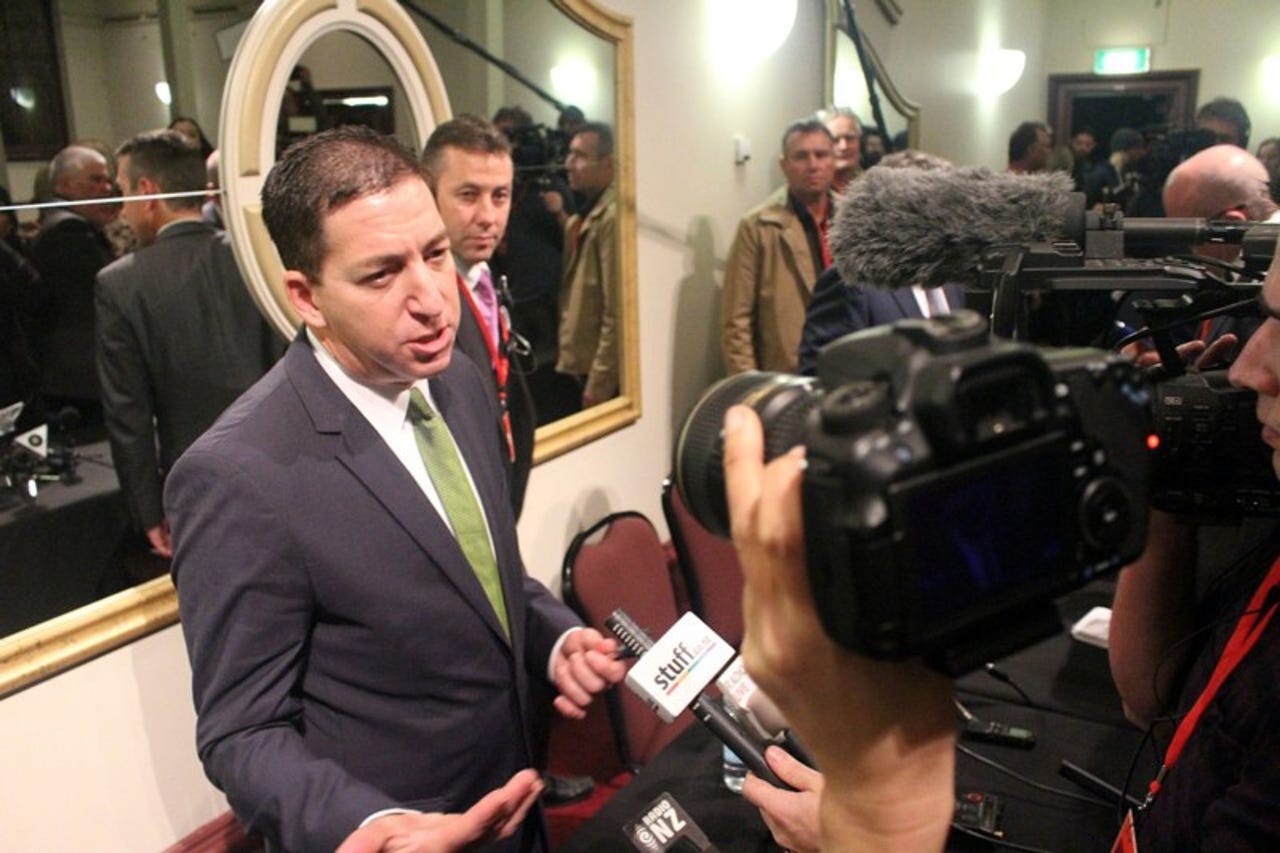Documents reveal New Zealand's Pacific spy role

New Zealand spy agency the Government Communications Security Bureau (GCSB) has collected the entire email, phone, and social media communications of its close Pacific neighbours, new revelations from NSA whistleblower Edward Snowden suggest.
The communications, from nearly two dozen countries, were reportedly harvested and shared with the US National Security Agency (NSA), helping flesh out that agency's global spying agenda.
The GCSB was focusing on what is referred to as "full take" collection, allowing the NSA to use its XKeyscore search engine to trawl the communications content and metadata for intelligence.
The latest reports, which reveal an escalation in New Zealand's Pacific spying role since 2009, are the product of cooperative reporting by journalist Nicky Hager from the The New Zealand Herald and Glenn Greenwald's website The Intercept.

The spying activity reportedly centred around a spy base in the top of the South Island at Waihopai. The New Zealand Herald reported a British intelligence document as saying:
"GCSB have given us access to their XKS [XKeyscore] deployments at Ironsand [Waihopai], a GCSB comsat [communications satellite] site which is rich in data for the South-Pacific region. Specifically, we can access both strong selected data and full-take feed from this site."
Earlier reports suggested that two New Zealand Sunday newspapers were also involved in the reporting, meaning further revelations are likely.
However, if New Zealand has been spying on some of its closest friends -- countries such as Tonga and Samoa that do not pose a security threat -- then the government has some explaining to do.
One motivation for the so-called "Five Eyes" spying alliance to target the Pacific could be that China has been steadily building its presence in the region.
Latest Australian news
The reports further suggests that the communications of government agencies, ministers, officials, and international organisations in the region fall into the dragnet.
On Wednesday, New Zealand's prime minister attempted to pre-empt fallout from the anticipated reports.
John Key said the fact that New Zealand agencies gather intelligence is obvious, and that New Zealanders expect them to in the interests of security.
He advised New Zealanders not to believe Hager.
"Last time he came out with all this stuff, he was categorically wrong. He'll be wrong this time as well, because information changes, we review things all the time, different actions are taken," he said.
Key said he isn't going to go into detail, but such intelligence information has been gathered over successive governments and "for really, really good reasons".
"We don't do that loosely or randomly, and actually, those situations change dramatically."
Last September, Greenwald travelled to New Zealand to headline a pre-election event dubbed the "Moment of Truth" alongside Kim Dotcom; however, the attacks on the New Zealand government's spying programs largely misfired.
Instead of mass surveillance, Dotcom's failure to produce evidence to support his claims that the prime minister had lied and colluded with Hollywood to get him extradited to the US dominated media attention.
Greenwald accused the government of implementing a plan to intercept New Zealanders' communications.
Top-secret documents appeared to show that the GCSB and NSA cooperated to implement Phase I of the surveillance program code named "Speargun", involving the installation of cable access equipment into the Southern Cross Cable, New Zealand's main cyberlink to the rest of the world.
Phase II of Speargun was to involve the insertion of metadata probes into those cables, a report on The Intercept said.
In response, Key has declassified documents to show, he said, that no such mass surveillance program was ever launched. He said Speargun had been aborted and replaced with a cybersecurity system called Project Cortex.
"Claims have been made tonight that are simply wrong, and that is because they are based on incomplete information," Key said.